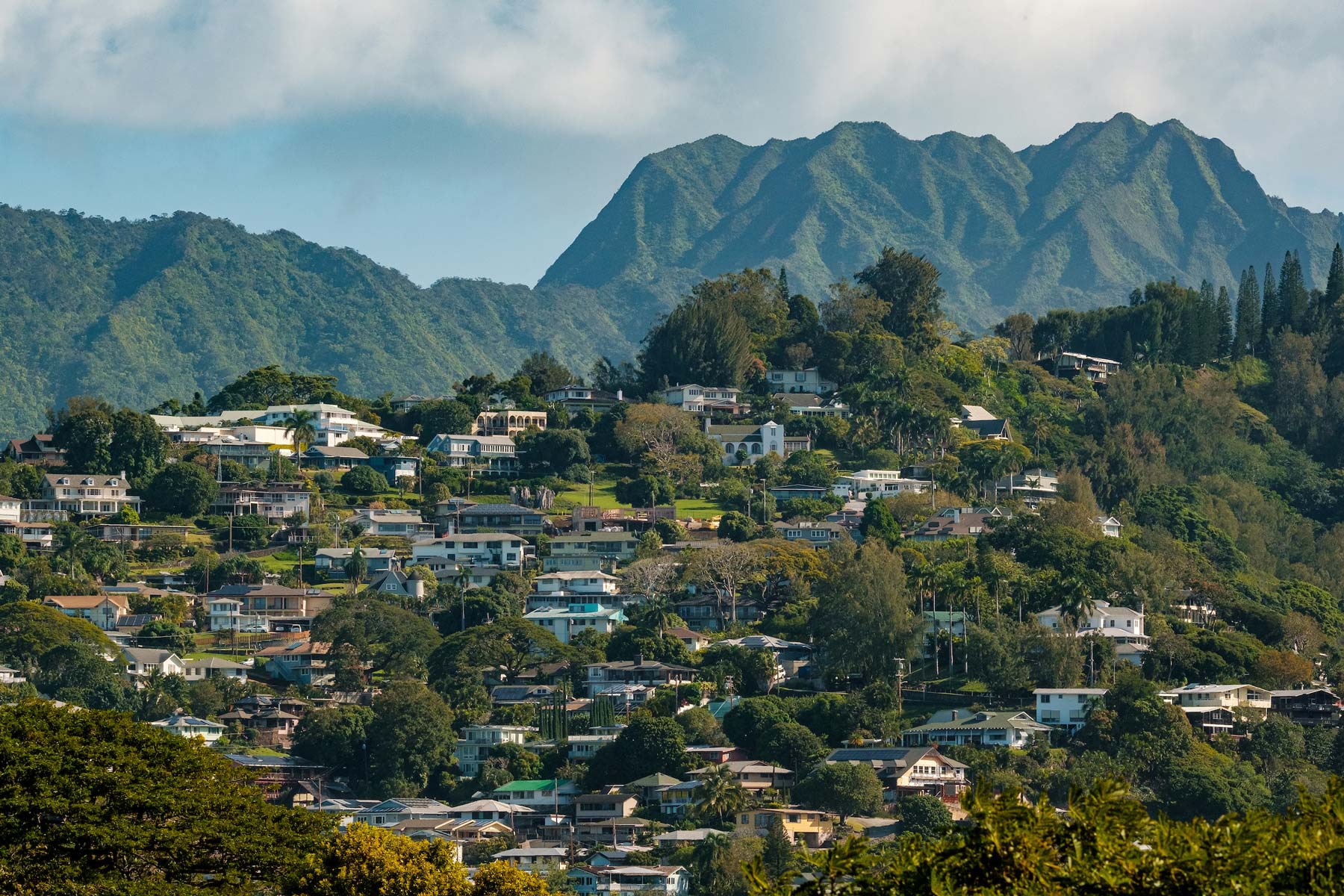More troubles in California tho the actions of Motors is not due to climate.
Another home insurer withdraws — thousands of Californians will need to seek new coverage
By Clare Fonstein
An insurance company that covers more than 2,000 policyholders in the state is discontinuing its homeowners business, adding another name to the
list of insurers that have left California.
Motors Insurance Corp. is withdrawing from its homeowners business nationwide, though it is still authorized to provide other types of insurance, including auto and liability, according to the California Department of Insurance. Policyholders will receive non-renewal notices on a rolling basis throughout 2024 as their policies near expiration, according to a December filing with the California Department of Insurance.
As of October, Motors Insurance Corp. reported 2,217 California policies in force.
The California policyholders will be notified of the non-renewal at least 75 days before their policies expire.
Motors Insurance Corp. homeowners insurance business is only 2 years old — it began in partnership with Hippo Analytics Inc. and Hippo Insurance Services Inc., where Hippo was the general agent interfacing with consumers and administered the homeowners insurance policies.
Motors Insurance Corp. said it was leaving the homeowners insurance business because Hippo “unexpectedly” notified the company in September that it wished to terminate their agreement and would stop writing new policies, according to the filing. Motors Insurance Corp. reported it lacks the infrastructure to continue the homeowners program on its own, but plans to pursue another partnership eventually to reenter the market.
Hippo did not immediately respond to a request for comment.
Other insurers have already pulled out of the state — some citing wildfire risks. Notably, major companies ....
An insurance company plans to withdraw from its homeowners business – impacting more than 2,000 California policyholders.

www.sfchronicle.com

www.hawaiibusiness.com






